Overview
Transistors are fundamental semiconductor components used as switches and amplifiers in modern electronics. They provide precise control of electrical current for everything from simple hobby circuits to advanced industrial systems. At Colgroad we supply a broad selection of transistors tailored to performance, reliability, and cost.
Key Features of Our Transistors
- NPN and PNP transistors: A full range to suit bipolar junction transistor (BJT) designs for switching and amplification.
- Power transistors: Engineered to handle high current and voltage for power supplies, motor drives, and industrial equipment.
- Small signal transistors: Optimized for low-power amplification and signal processing in audio and communication circuits.
- RF transistors: Designed for high-frequency applications in radio frequency and wireless systems.
- Material options: Silicon and germanium variants for different conductivity and frequency needs.
- Durability and reliability: Manufactured to withstand thermal and electrical stress for long-term stability.
- Competitive pricing: Affordable transistor pricing without sacrificing quality.
Why Choose Our Transistors
Choosing the right transistor can determine the success of your electronic design. Colgroad supplies components that combine precision fabrication with strict quality control so your circuits perform consistently.
- Trusted transistor suppliers: Years of experience in sourcing and fabrication ensure component authenticity and performance.
- Efficient circuit design: Suitable for both analog and digital circuits, from transistor amplifiers to transistor switches.
- Wide application range: Communication systems, audio equipment, power supplies, embedded systems, and industrial controls.
- Advanced technology: Access to modern transistor fabrication techniques for enhanced efficiency and longevity.
Common Applications
- Signal amplification in audio and RF circuits
- Switching in microcontroller and power-management circuits
- Motor control and power conversion using power transistors
- High-frequency communications with RF transistors
Materials and Construction
Our transistors use high-grade materials such as silicon and germanium to deliver reliable conductivity and thermal performance. Power transistors are built to manage heat dissipation and current flow, while RF and small signal transistors focus on frequency response and noise reduction.
How to Choose the Right Transistor
- Identify the application: switching, amplification, or RF operation.
- Check electrical requirements: voltage, current, gain (hFE), and power dissipation.
- Match package and mounting style for your PCB layout and thermal needs.
- Consider frequency range and noise performance for signal-sensitive designs.
- Compare transistor pricing and availability to meet your project budget and timeline.
Buy Transistors from Colgroad in Islamabad
Ready to upgrade your electronic designs? Buy transistors from Colgroad today and choose from a wide selection of NPN, PNP, power, RF, and small signal transistors. We provide reliable components with competitive transistor pricing and expert support to help you select the right parts. Visit our website to place an order or contact our team for technical assistance.
Note: Images are for illustration purposes only.

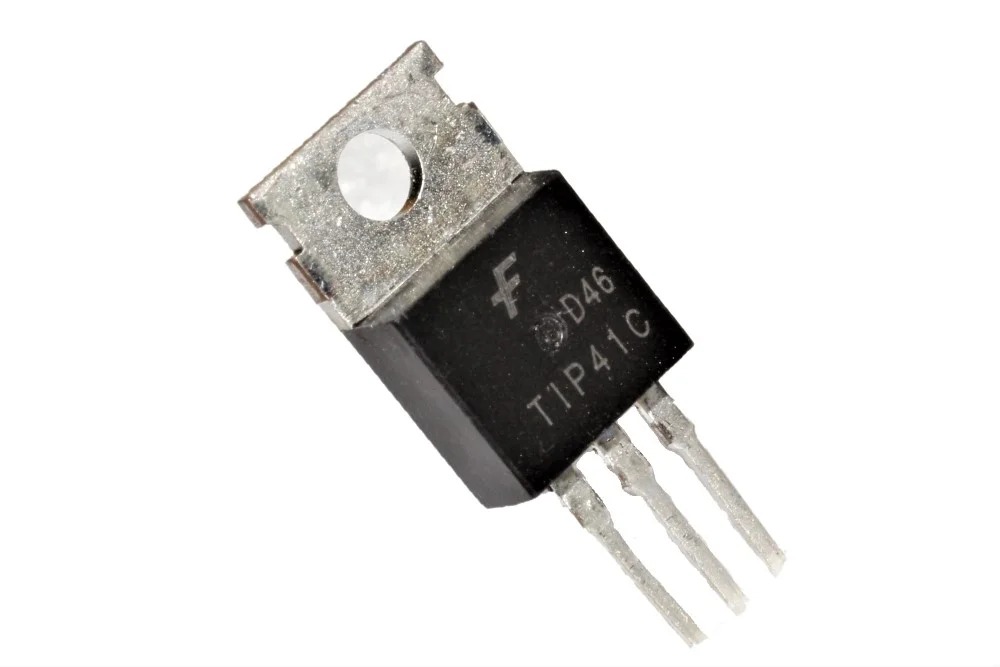
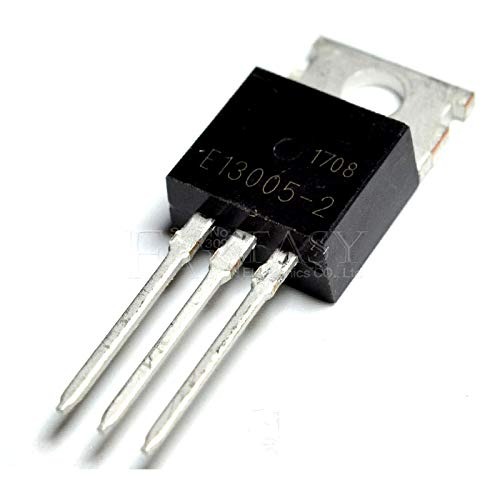
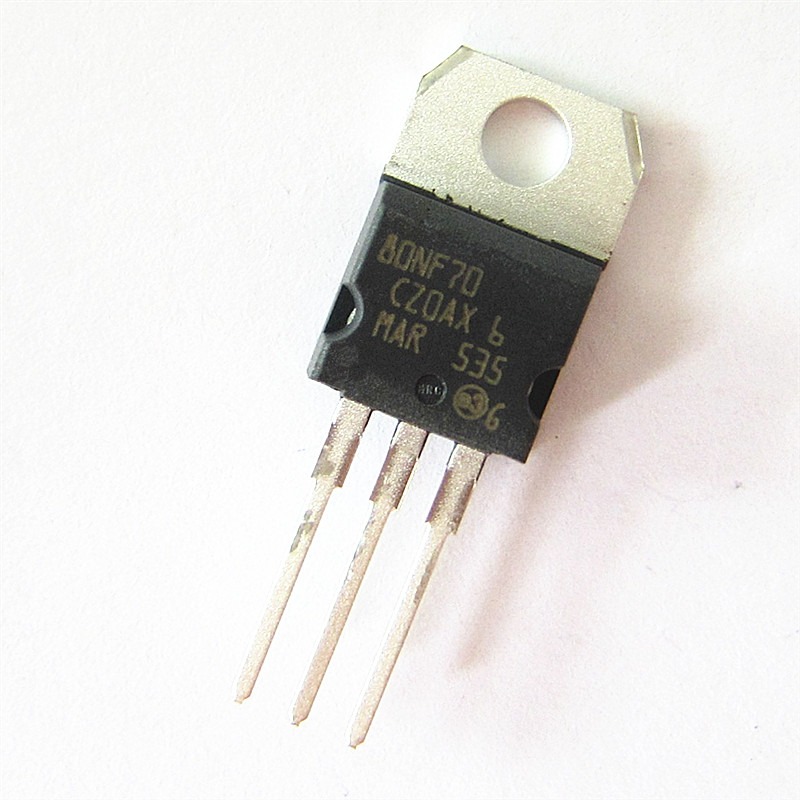
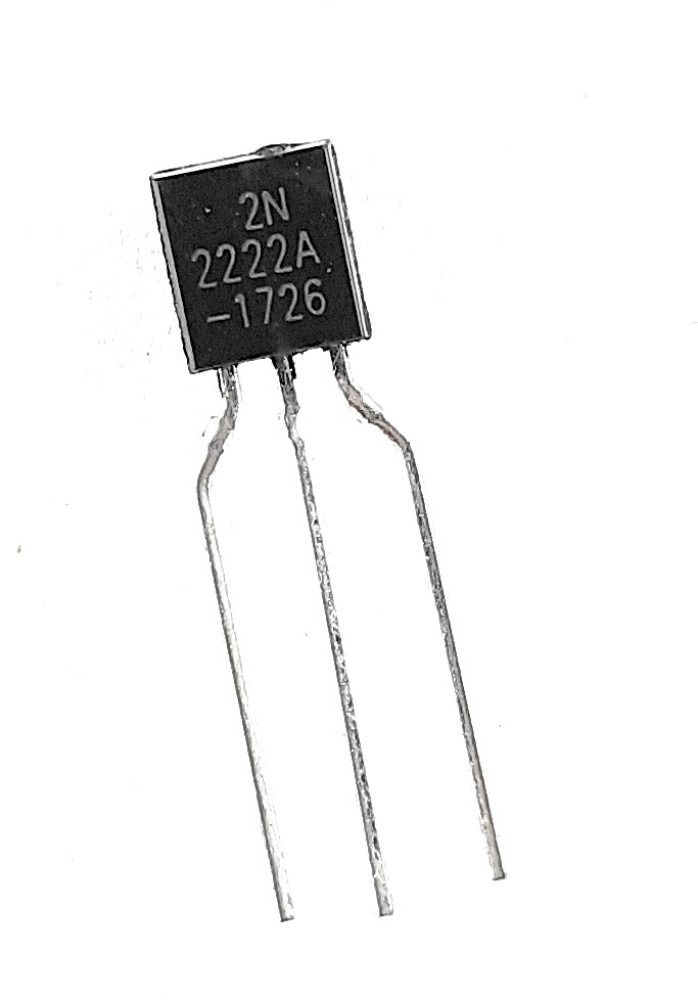

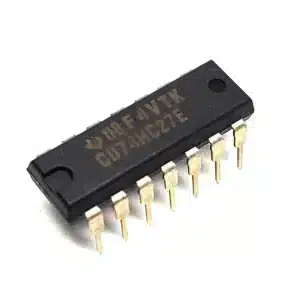
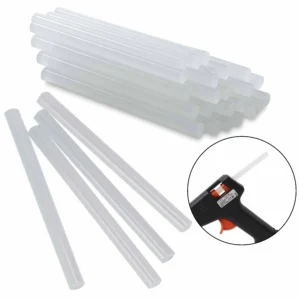
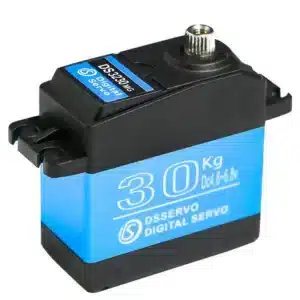
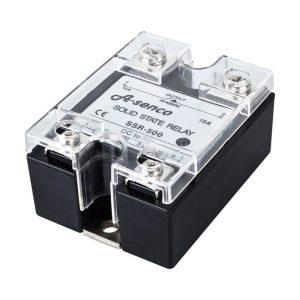


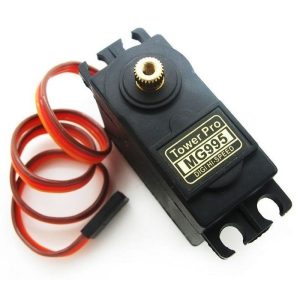
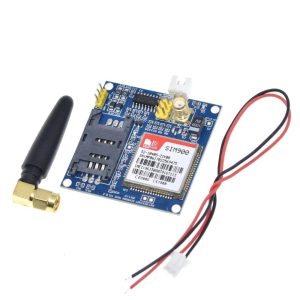
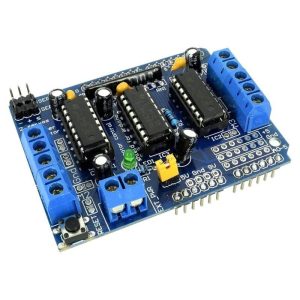
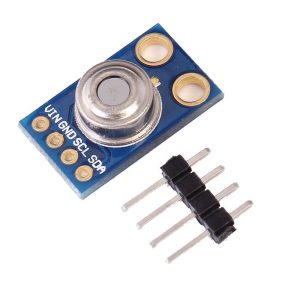

Reviews
There are no reviews yet